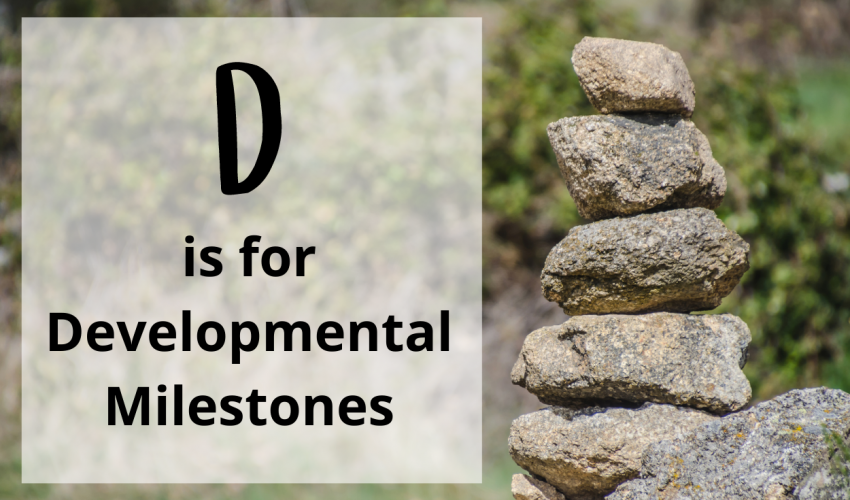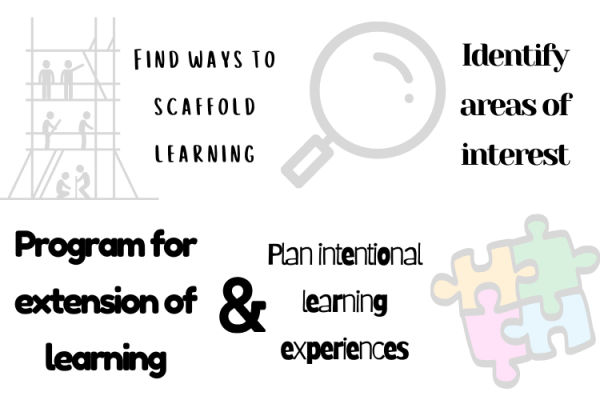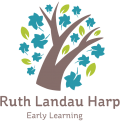
As educators we have a collection of tools at our disposal for assessing and evaluating development in children and their acquisition/mastery of skills. Some of these processes are used to:

Some tools can be used to evaluate whether a child is developing ‘normally’, using a set of standards that indicate what is expected and appropriate. These are called ‘Developmental Milestones’. These milestones are a set of age-specific tasks or functional skills that children are expected to demonstrate within a certain age range.
Developmental milestones give us important clues about a child’s developmental health.
Reaching milestones, within a typical age range, shows a child is developing as expected.
These milestones fall into categories based on 5 Developmental Domains;
Social/Emotional
This is all about their relationships and ability to form relationships with others and each child’s own emotional development.
Cognitive
Looks at how children learn and the different stages of thought and ways of processing information.
Language
Tracks their communication skills and developing ability to express themselves and engage others (verbally and non-verbally).
Gross motor
Focuses on how they move their whole body and the development of different physical skills.
Fine motor
Is linked to their manipulation of objects and developing dexterity.
These checks are completed multiple times over the first 5 years of a child’s life, with the first 12 months seeing the highest frequency of testing, in line with the rapid development of skills during this period. Infant health workers, Paediatricians, Early Childhood Educators and other associated professionals, use a set of standard questions and criteria that, although generalised, are used universally as guideposts to healthy child development.
Not reaching milestones or reaching them much later than other children the same age, can be the earliest indication that a child may have a developmental delay. These are sometimes referred to as ‘Red Flags’. When these are identified, we are able to explore the possible need for early interventions. This might involve referring on to an Occupational or Speech Therapist, Physiotherapist, Paediatrician or other child health professional. Using the information that we gather everyday, including these Developmental Milestones, is just another way we support the ‘whole child’ and guarantee the best outcomes for them and their families.
“Children’s learning is ongoing and each child will progress towards the outcomes in different and equally meaningful ways. Learning is not always predictable and linear. Educators plan with each child and the outcomes in mind.”- Early Years Learning Framework







